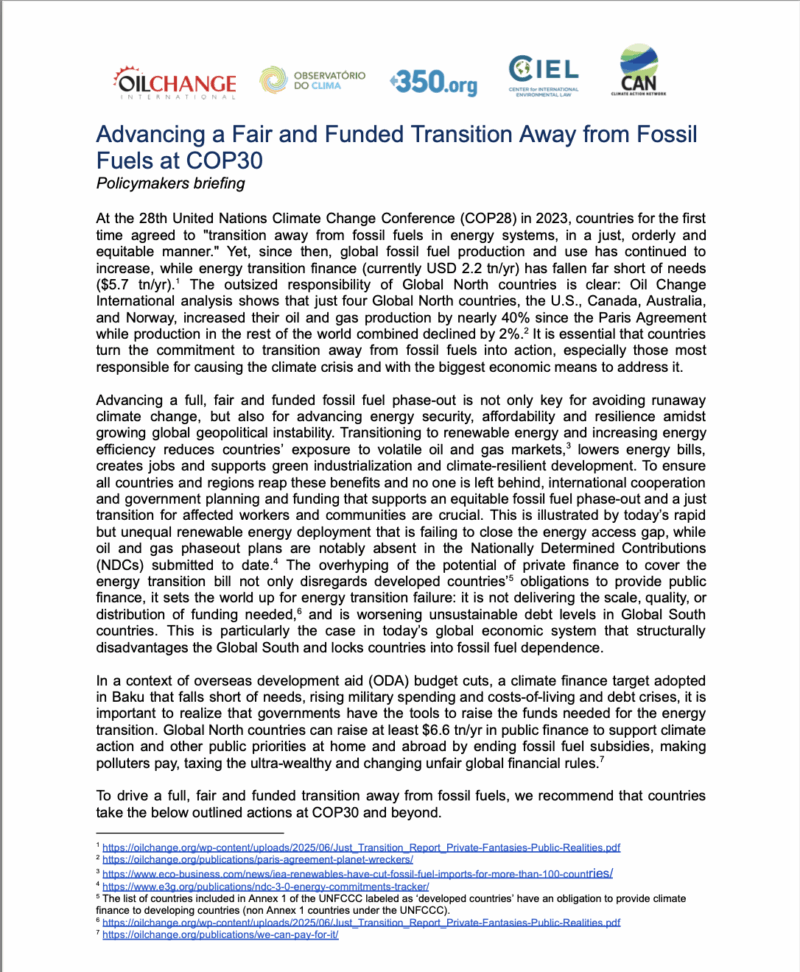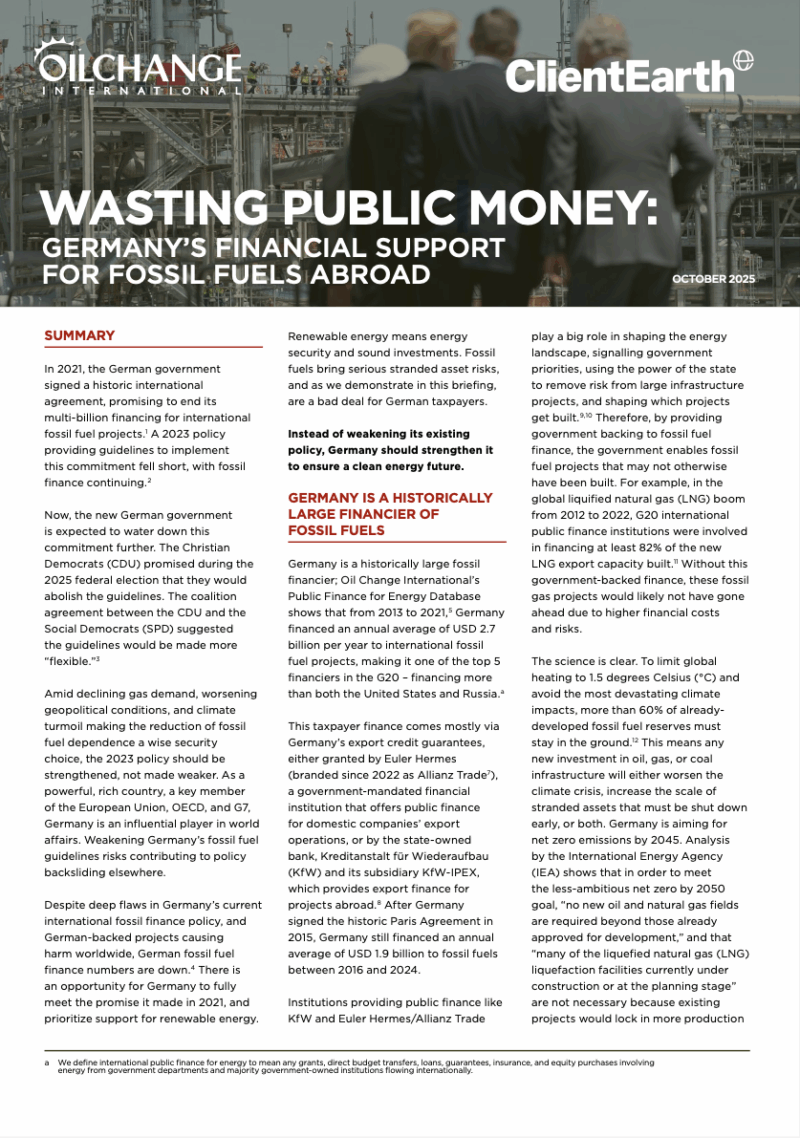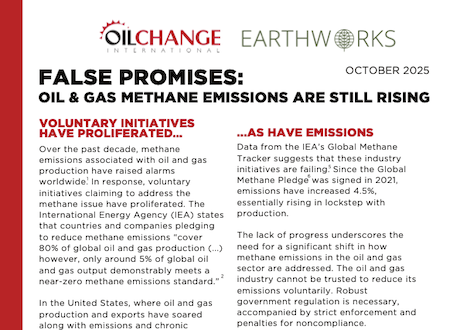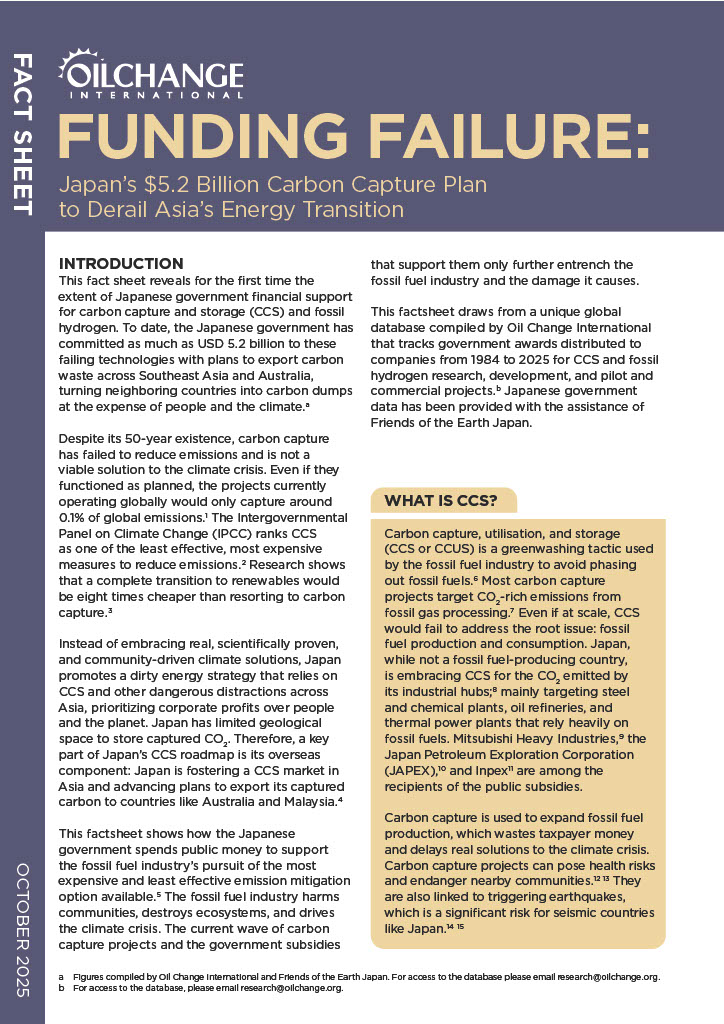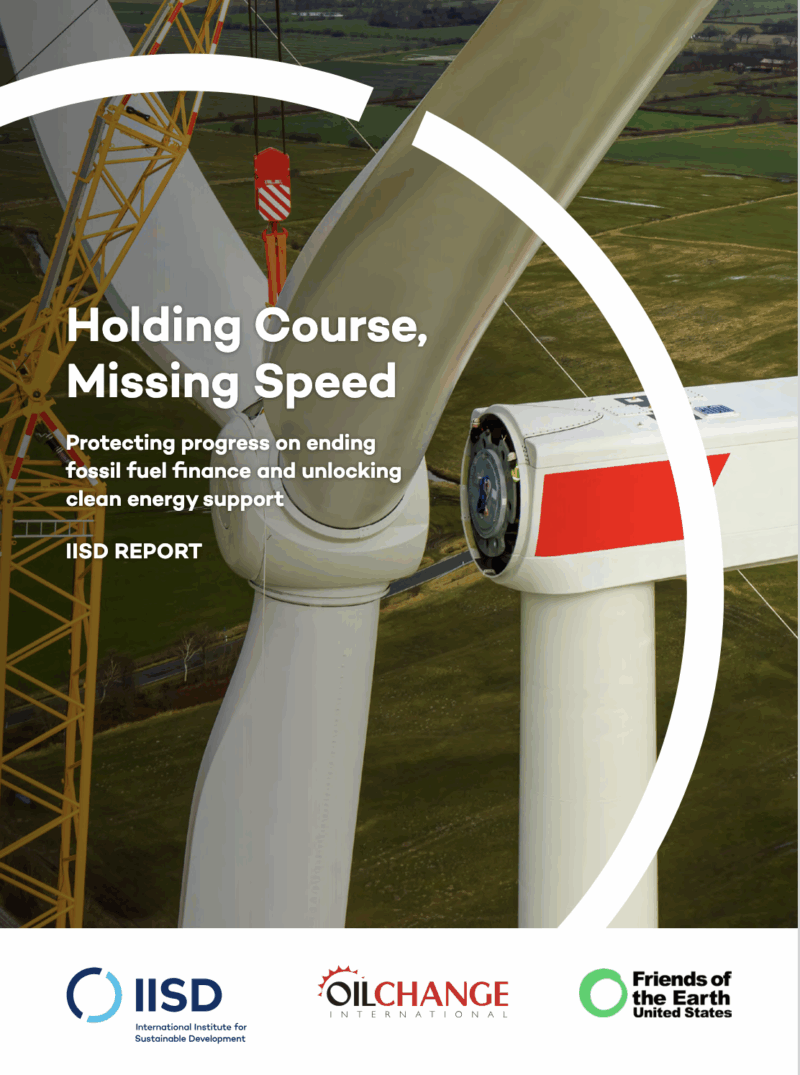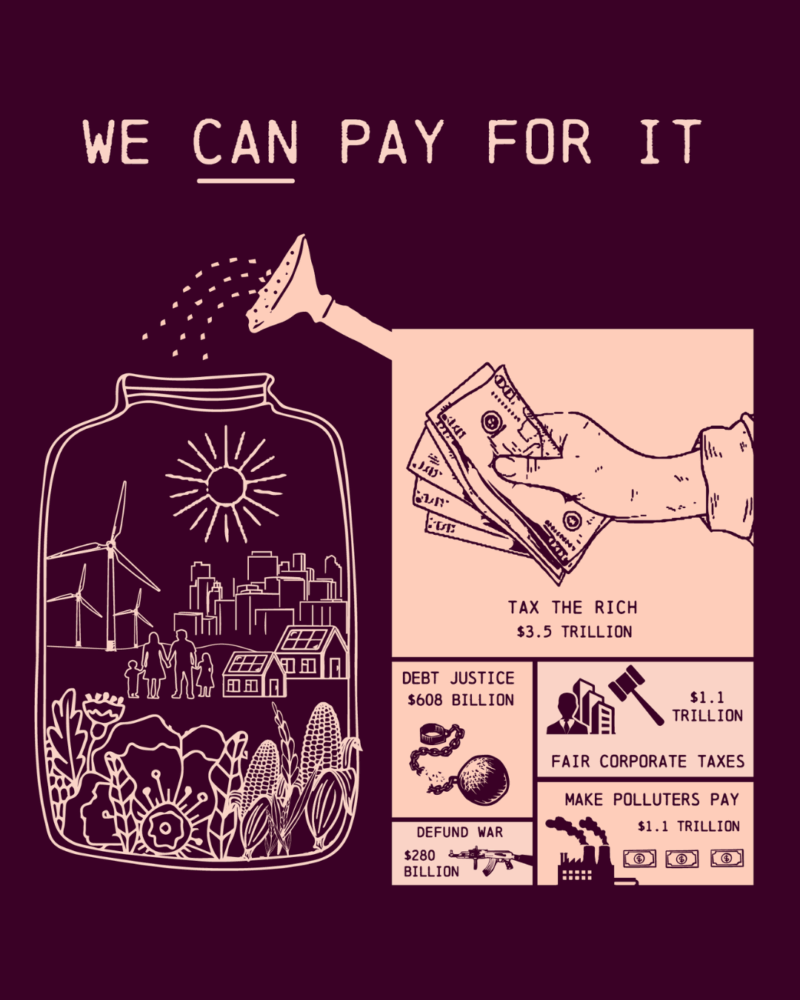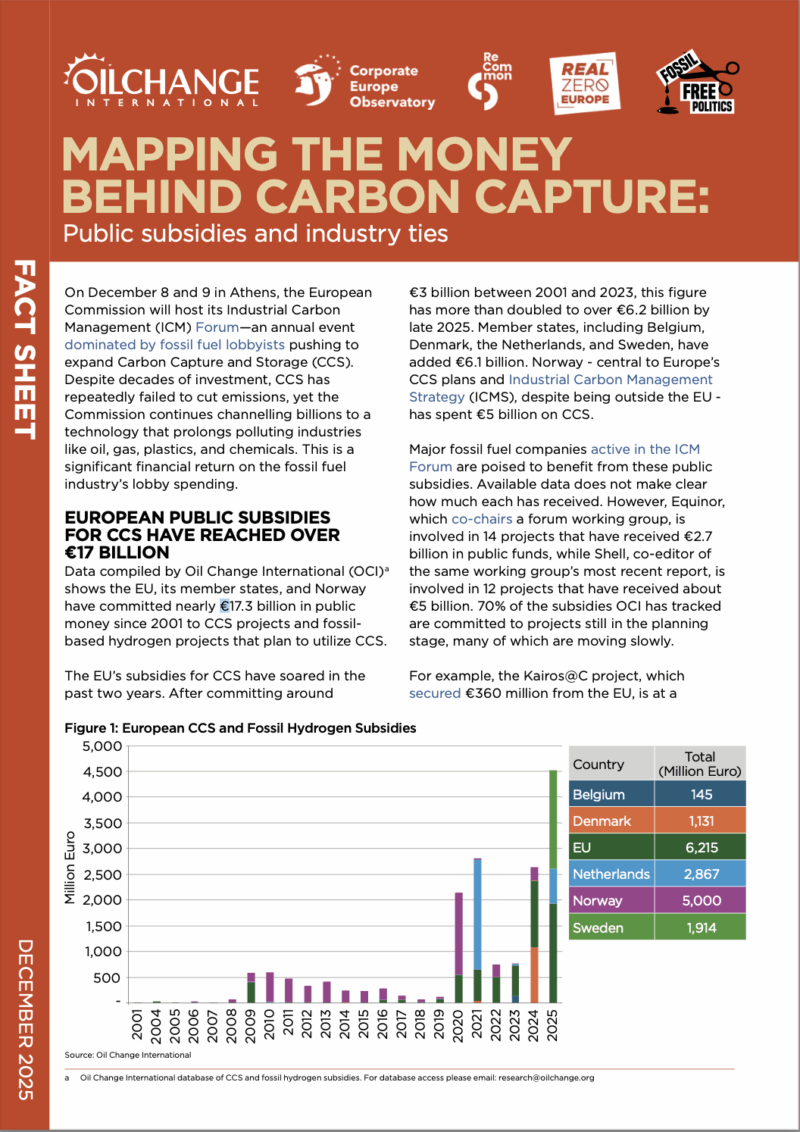
Mapping the money behind carbon capture: Public subsidies and industry ties
Data compiled by Oil Change International (OCI) shows the EU, its member states, and Norway have committed nearly €17.3 billion in public money since 2001 to CCS projects and fossil- based hydrogen projects that plan to utilize CCS.


